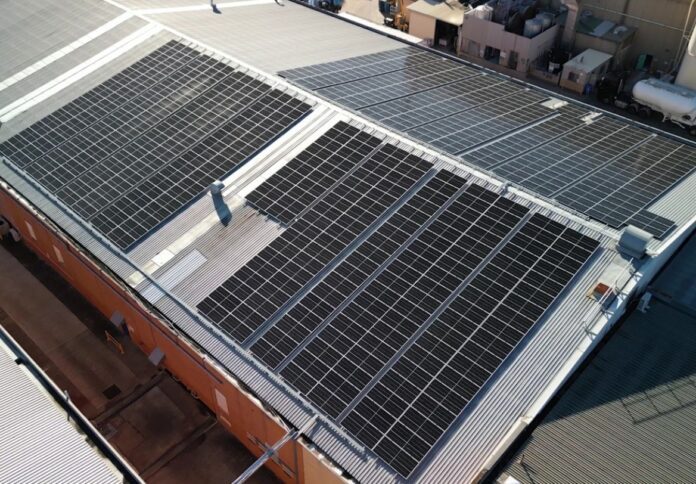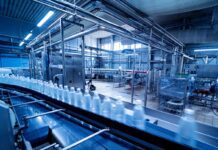
Fresenius Medical Care, a global provider of products and services for individuals with renal diseases, has equipped its local manufacturing facility in Smithfield with renewable solar energy.
Fresenius said it is driving sustainability in its operations to future-proof its manufacturing facilities for generations to come. The initiative is part of the company’s commitment to environmental stewardship and its role as a pioneer in sustainable healthcare manufacturing.
The installation in the facility, located in Sydney’s Western Suburbs, includes 537 Risen 540W solar panels, supported by Sungrow inverters, and takes Fresenius closer to reaching its global emissions targets.
The 290kW solar system is expected to help avoid 342 tonnes of CO2 emissions per year, equivalent to the carbon sequestered by planting 64,871 trees.
The system will supply 84 per cent of the plant’s energy needs, resulting in a 52 per cent reduction in grid consumption and avoiding 7,222 long-haul flights worth of emissions per year.
“As a leading global provider of renal health products and services, Fresenius Medical Care has a special responsibility to its patients, which includes a firm focus on environmental sustainability,” said John Amiradaki, general manager for manufacturing and supply chain at Fresenius Australia.
“At Fresenius Medical Care, we understand that manufacturing excellence goes hand in hand with environmental responsibility. That’s why we have embraced the power of renewable energy to drive our operations forward,” Amiradaki said.
In a media release, Fresenius Medical Care said it continuously explores innovative technologies and eco-friendly practices to minimise waste and reduce its ecological impact.
“At Fresenius Medical Care ANZ, we are committed to making a positive impact on the environment while delivering life-changing medical care,” said Greg Kozma, general manager for ANZ, Care Enablement.
“By utilizing solar power, we reduce our carbon footprint and help take our organisation towards its global climate goals.”




















